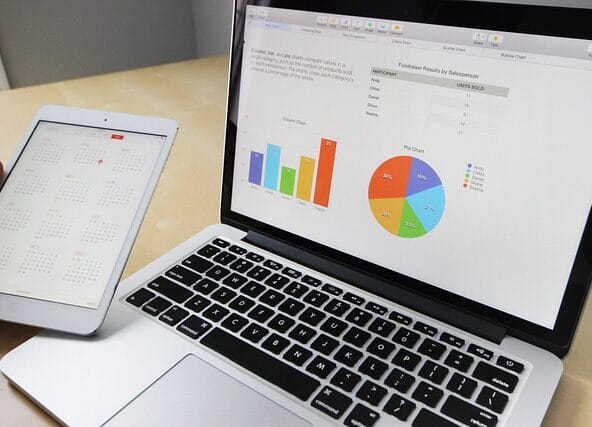As we have discussed the Underused Housing Tax (UHT) in a previous article, it’s important to note that there was an extension for filing the tax return for the year 2022. Supposedly, tax returns are due on April 30th of each year. However, for 2022, since this rule was newly introduced, there was an extension until October 31, 2023, to file the tax return for that year.
This tax is not solely applicable to non-residents. If you own a corporation that possesses residential or commercial properties with three units or fewer for residential purposes, you are also required to file the UHT, regardless of whether you are exempt from actually paying the tax. Failing to file will result in a $5,000 penalty for individuals and a $10,000 penalty for corporations. The CRA website also documents the rules to determine if you are an affected owner. It’s advisable to visit the CRA website to check if you are required to file the UHT return.
You can find all the relevant information on the CRA website at the following link: https://www.canada.ca/en/services/taxes/excise-taxes-duties-and-levies/underused-housing-tax.html
If you are an investor, there is a chance that you use a corporation to own the property rather than owning it under your own personal name. In this article, we will guide you through the necessary steps to file the tax return from a corporate perspective. This article is intended for those who own residential properties using an Ontario corporation.
Before you can file the tax return, you need to obtain a tax account for your corporation, similar to obtaining an HST and Payroll account for the corporation. You will need your Business Number (BN) to set up the RU account, which is the UHT tax account.
Visit the Business Registration Online website and follow the steps, which will also require your SIN number and BN number. Select the RU account, and it will guide you through the process.
After successfully obtaining an RU account, download the UHT tax return PDF and complete it. You will need your Property Tax ID (PIN) and the Property Tax Assessment Roll Number for this form.




